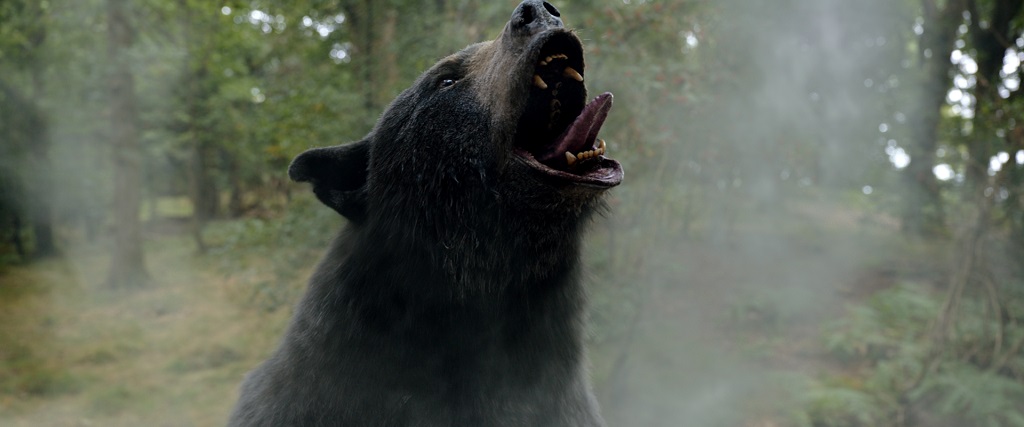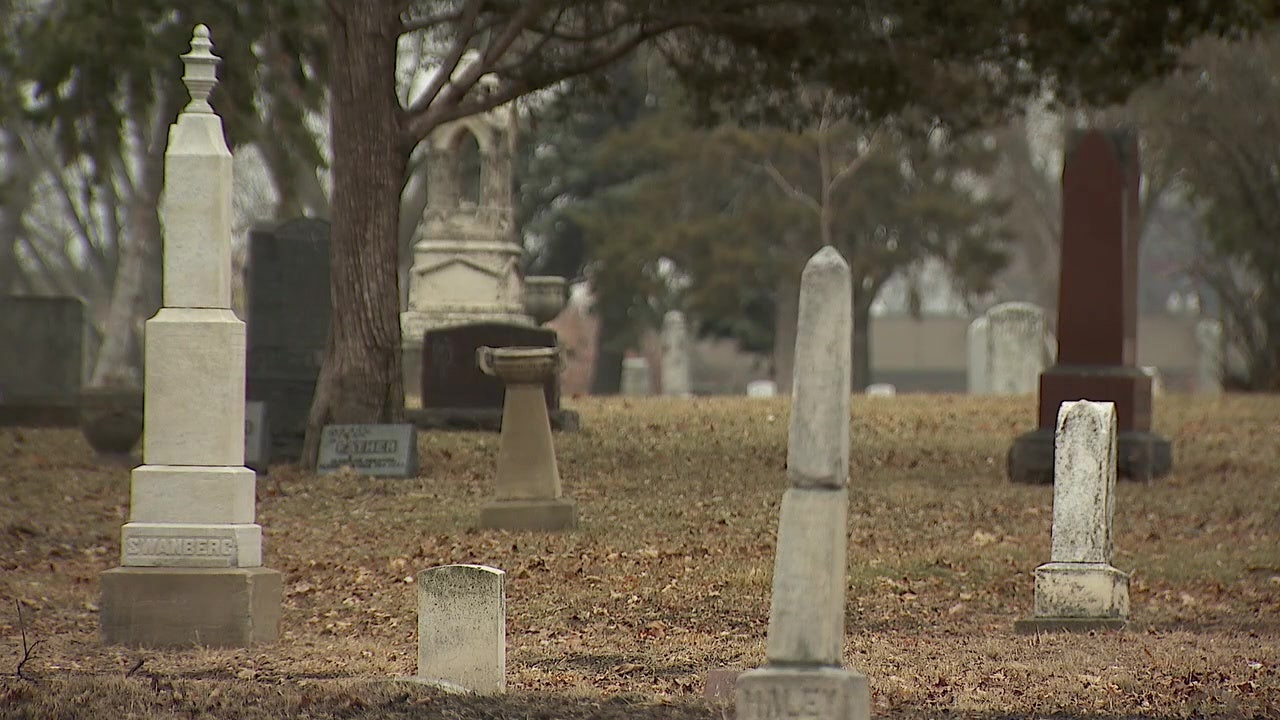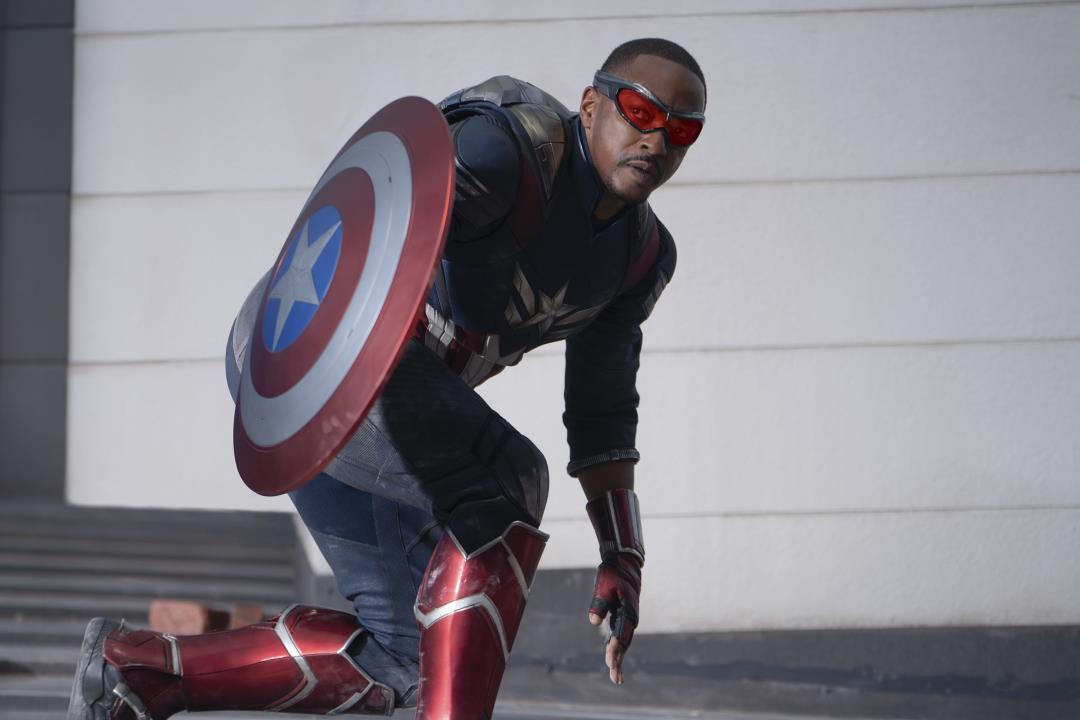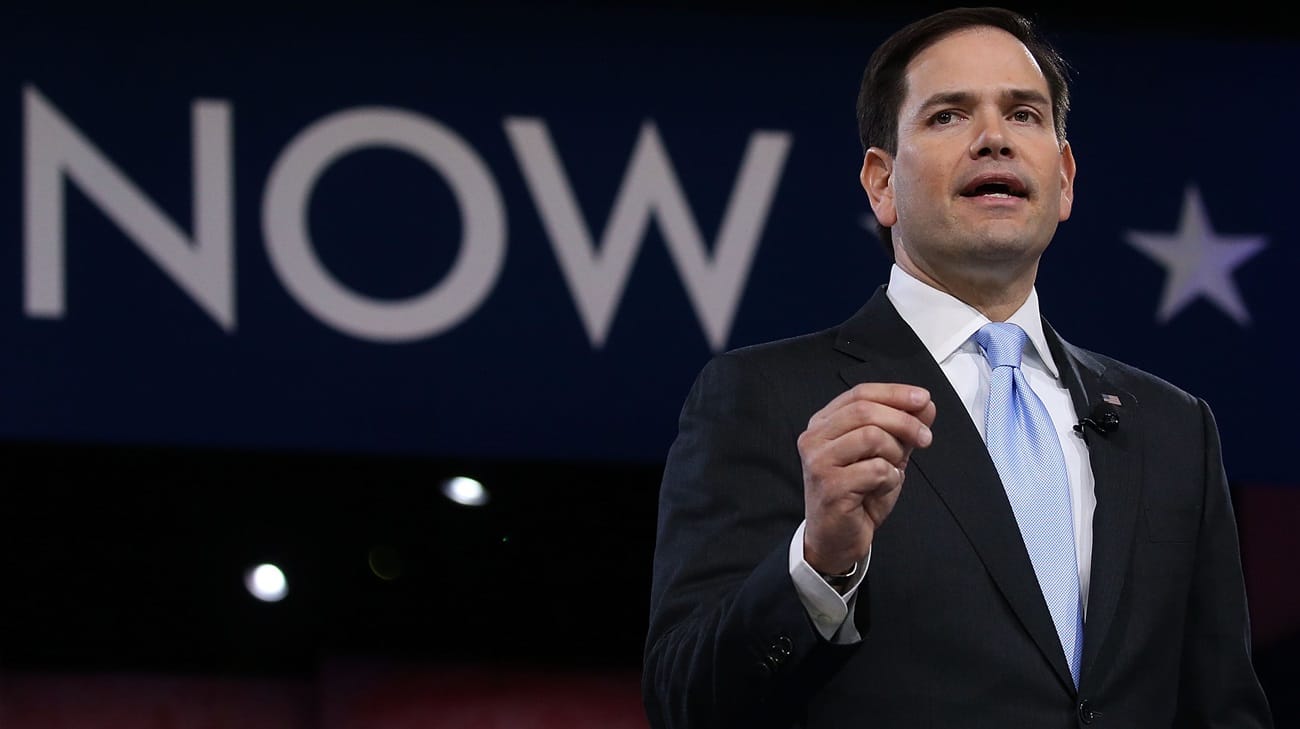One thing Bridget Jones: Mad About the Boy, taught me was that some clothes were indestructible. Bridget’s (Renée Zellweger) closet still has the red, printed pyjamas, the see-through top and granny underwear from the first movie, Bridget Jones’s Diary (2001). You could say yay for Bridget’s environmental consciousness while wondering about hygiene.
Though director Michael Morris and Zellweger said they have carefully introduced the callbacks to the earlier movie so that it appears organic to the story, that does not seem to be the case. Scenes and bits of dialogue and characters have been bunged in willy-nilly, usually dragging one out of the movie.
Bridget Jones: Mad About the Boy (English)
Director: Michael Morris
Cast: Renée Zellweger, Chiwetel Ejiofor, Leo Woodall, Colin Firth, Hugh Grant
Runtime: 125 minutes
Storyline: Four years after Mark Darcy’s death, Bridget plunges once more into the world of dating
Among all these hit-and-miss callbacks, is one that is hugely welcome — Bridget’s former boss and lover, the roguishly charming Daniel Cleaver (Hugh Grant). The movie starts with Daniel listening to a beauteous Geminita (Elena Rivers) spouting rather alarming poetry when Bridget calls. His conversation on the phone while explaining to the disapproving crowd that it is his mum on the line, is hilarious and undiluted Daniel.
It is four years since the death of her beloved husband, human rights lawyer, Mark Darcy (Colin Firth) in Sudan. Bridget is now a 50-something single mother with two children, Billy (Casper Knopf) and Mabel (Mila Jankovic). Bridget is encouraged by her family and friends, including Shazzer (Sally Phillips), Jude (Shirley Henderson) and Tom (James Callis) to start dating again. Daniel is now a family friend called upon to babysit Billy and Mabel.
Bridget’s adventures in dating in the time of dating apps are mildly amusing and being a single parent in the face of terrifyingly efficient tiger mums is somewhat amusing. This time around the beautiful toy boy Roxster (Leo Woodall) and the gruff science teacher Mr. Wallaker (Chiwetel Ejiofor) form the two sides of Bridget’s love triangle. There is a Christmas concert, a heartfelt song, camping and conversations over blue drinks with friends.

Hugh Grant, left, and Renée Zellweger in a scene from ‘Bridget Jones: Mad About the Boy’
| Photo Credit:
UNIVERSAL PICTURES
Bridget suffers a double dose of grief as her father, Colin (Jim Broadbent) is no more. Her mum, Pamela (Gemma Jones) lives in a care home with her best friend, Una (Celia Imrie) and still calls Bridget at inopportune moments. Bridget returns to work at the television studio where her former boss, Richard Finch (Neil Pearson) makes her feel welcome.

Based on Helen Fielding’s 2013 novel of the same name, Bridget Jones: Mad About the Boy does not have the warmth, wit, energy or singular vocabulary of the first movie. All the cast seems just that one beat out of step, which ends up in a disjointed movie experience. Nothing, including Wallaker’s switch from grumpy science teacher to hopeless romantic, feels organic. And just in case one did not get all the callbacks, the end credits feature stills from the first movie. It is only the scenes with Grant’s Daniel that sparkle, and those are the ones that help us overlook the shortcomings of the rest of the movie.
Bridget Jones: Mad About the Boy is currently running in theatres
Published – February 15, 2025 01:06 pm IST





























